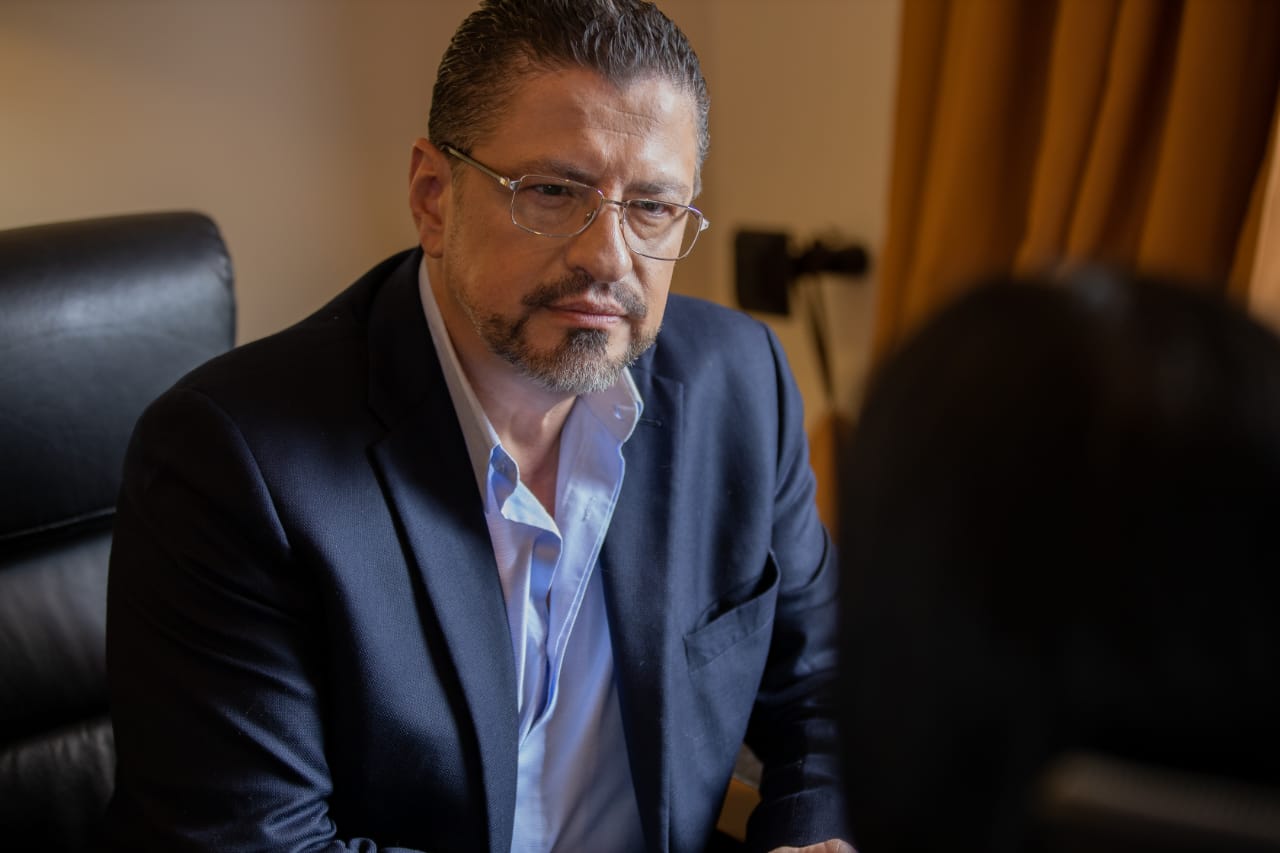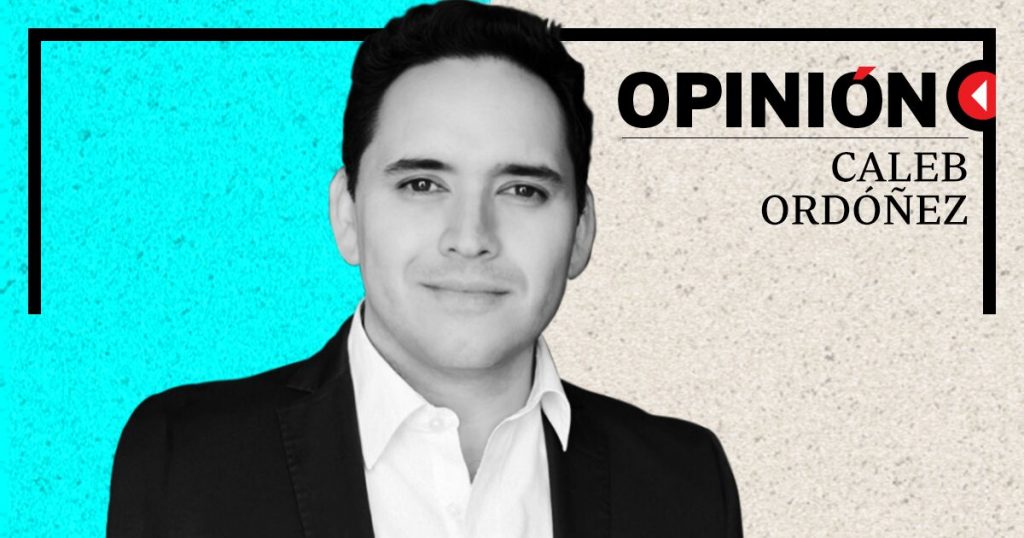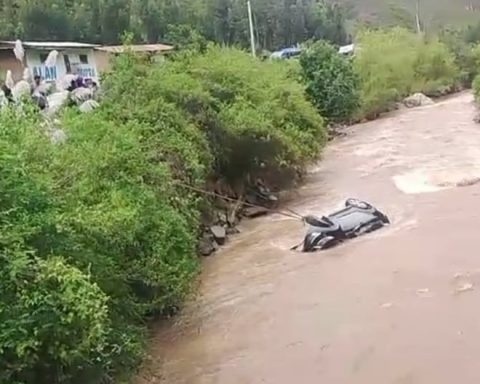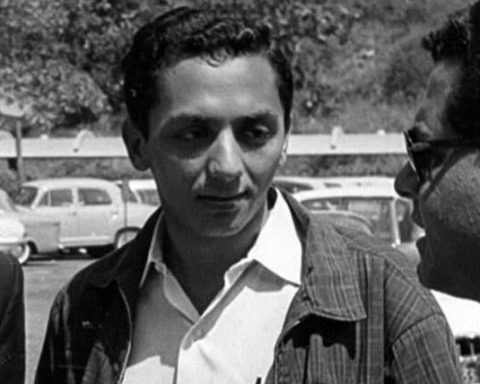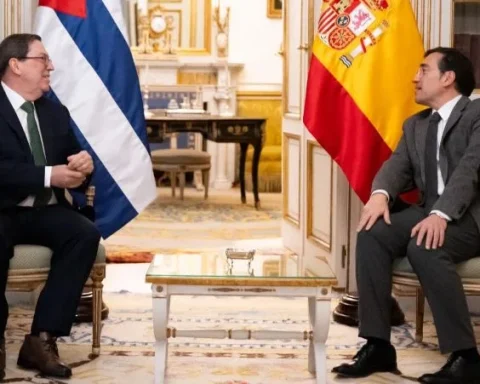Nicaraguan opponents asked the president-elect of Costa Rica, Rodrigo Chavez“influence the regime of Daniel Ortega and Rosario Murillo so that it restores democracy” in Nicaragua.
Chaves, a 60-year-old economist who will take office in May, announced that his administration will appoint an ambassador to Nicaragua, with the purpose of “maintaining diplomatic relations”, arguing that these two nations “are not at war”. The Costa Rican government has not appointed an ambassador since 2018.
Through a letter dated April 6, 2022, the organizations, from Nicaragua and exile, greeted the electoral process in which Rodrigo Chaves was the winner. They congratulated the president-elect and expressed their conviction that he “will contribute to the promotion of democracy, the maintenance of peace and solidarity.”
The Nicaraguans demanded that he “keep the pertinent steps on his diplomatic agenda so that the more than 170 political prisoners are released in Nicaragua.”
In turn, they asked him to consider with “special attention” maintaining support for the Nicaraguan community that has had to forcibly leave the country and is in Costa Rica.
The letter is signed by the Civic Alliance for Justice and Democracy (ACJD), the Peasant Movement, the Nicaraguan Democratic Force (FDN), the Exile Group (GREX), the Initiative for Change, the diaspora of Nicaraguans in the United States, among other organizations. .
Related news: The new Costa Rican government will maintain relations with Ortega “as they are,” a specialist predicts
In previous communications, other Nicaraguan opposition groups have sued Chaves not re-establish relations with the regime of Daniel Ortega and seek the promotion and respect for human rights as a priority of the State and of the foreign and domestic policy of the Central American country.
Despite Rodrigo Chaves’s announcement to maintain “diplomatic relations” with the dictatorship, experts from that country doubt that Costa Rica’s foreign policy towards Nicaragua will change, and are awaiting the formation of the cabinet that defines the relations of Costa Ricans with the rest of the countries.
